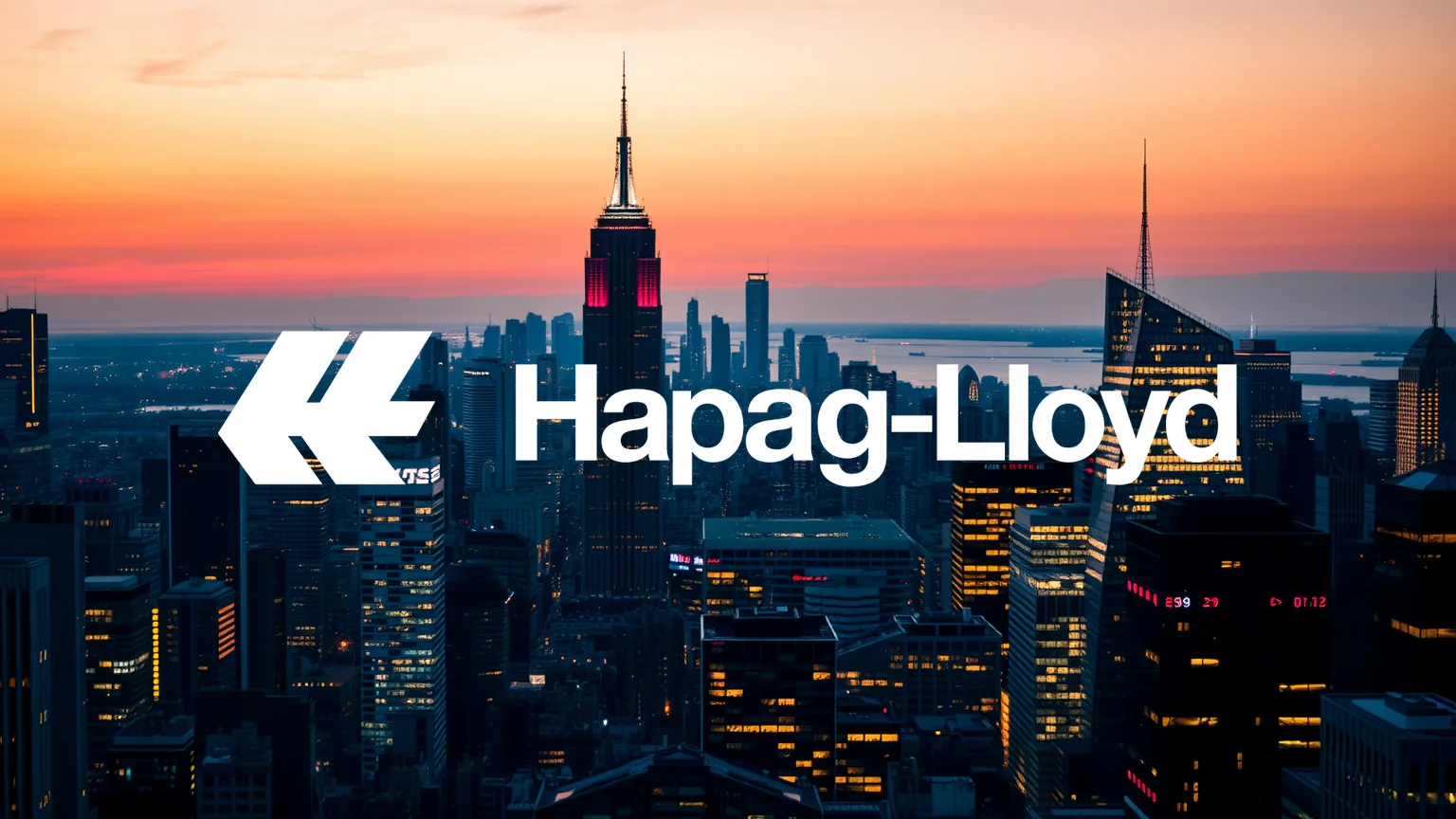Germany’s largest container shipping company faces a paradox: while transport volumes hit record highs, profits plummeted dramatically. In Q2 2025, operating earnings (EBIT) collapsed by over 65%, dropping from €450 million to just €156 million. The Hamburg-based firm moved 3.4 million standard containers between April and June—a 12.4% year-on-year increase—yet revenue rose only marginally by 2% to €4.6 billion. The slump is attributed to startup costs for the new "Gemini" alliance with Maersk, port disruptions, and expensive route diversions, compounded by declining freight rates. Full-year EBIT guidance was cut from €1.5 billion to €1.1 billion.
Geopolitics Squeeze Margins
Despite higher volumes across all routes, geopolitical tensions and new U.S. tariffs dampened profitability, particularly on lucrative Americas trades. The Red Sea crisis forced costly detours via the Cape of Good Hope, pushing costs per container higher. Management aims to offset pressures with a €1 billion cost-cutting program by 2026. The Gemini network, however, shows promise with 90% schedule reliability—a potential long-term advantage. Shares traded at €133, well below their 52-week high of €174.60, reflecting investor caution amid uncertain recovery prospects.
Ad
Hapag-Lloyd Stock: Buy or Sell?! New Hapag-Lloyd Analysis from February 7 delivers the answer:
The latest Hapag-Lloyd figures speak for themselves: Urgent action needed for Hapag-Lloyd investors. Is it worth buying or should you sell? Find out what to do now in the current free analysis from February 7.
Hapag-Lloyd: Buy or sell? Read more here...













